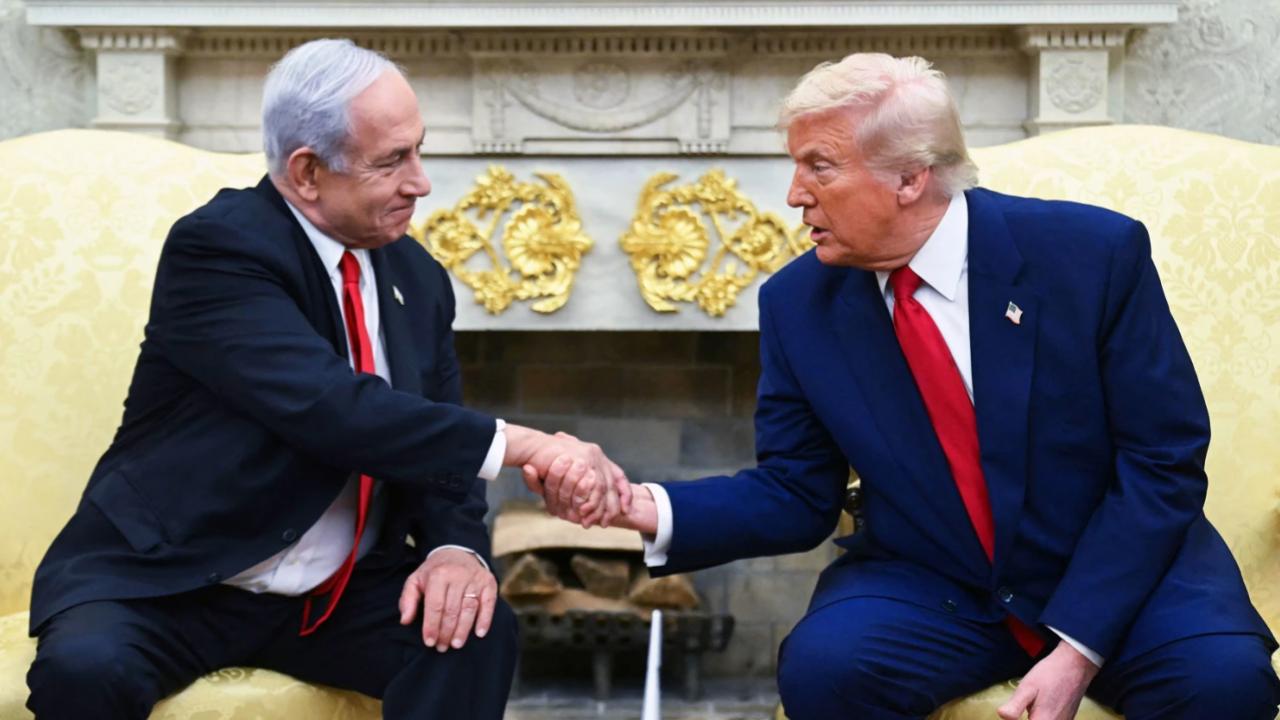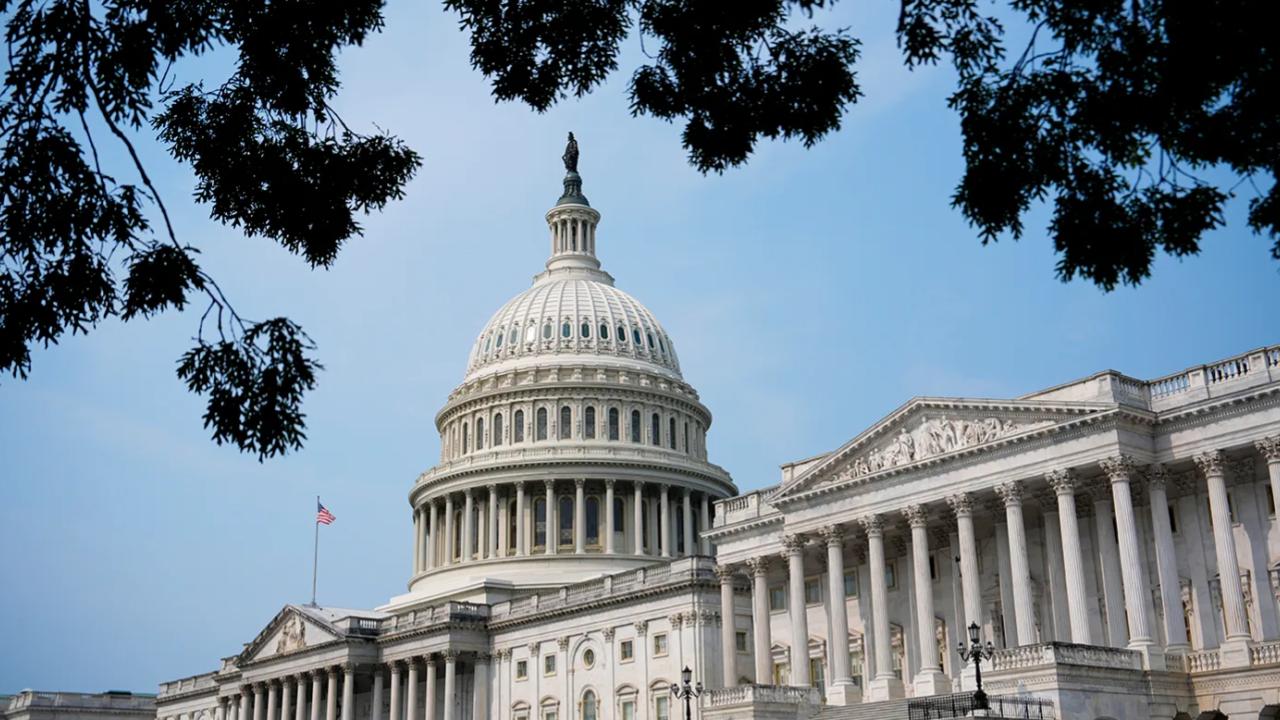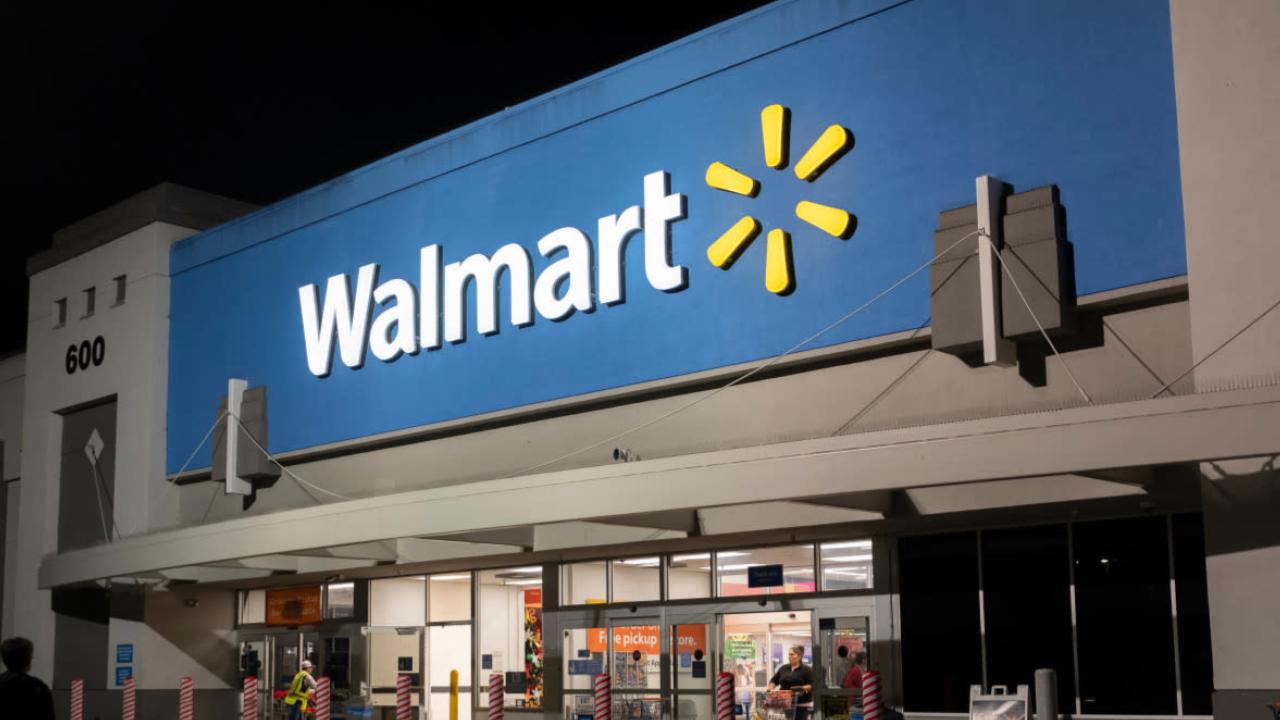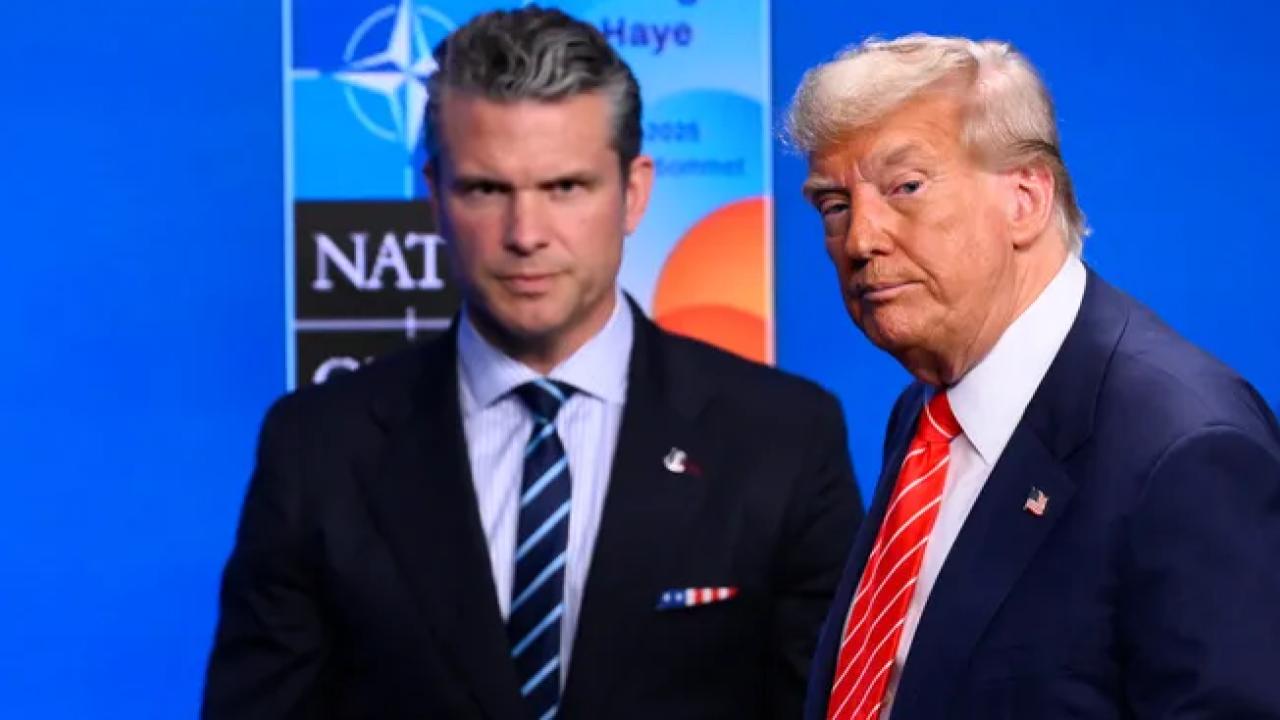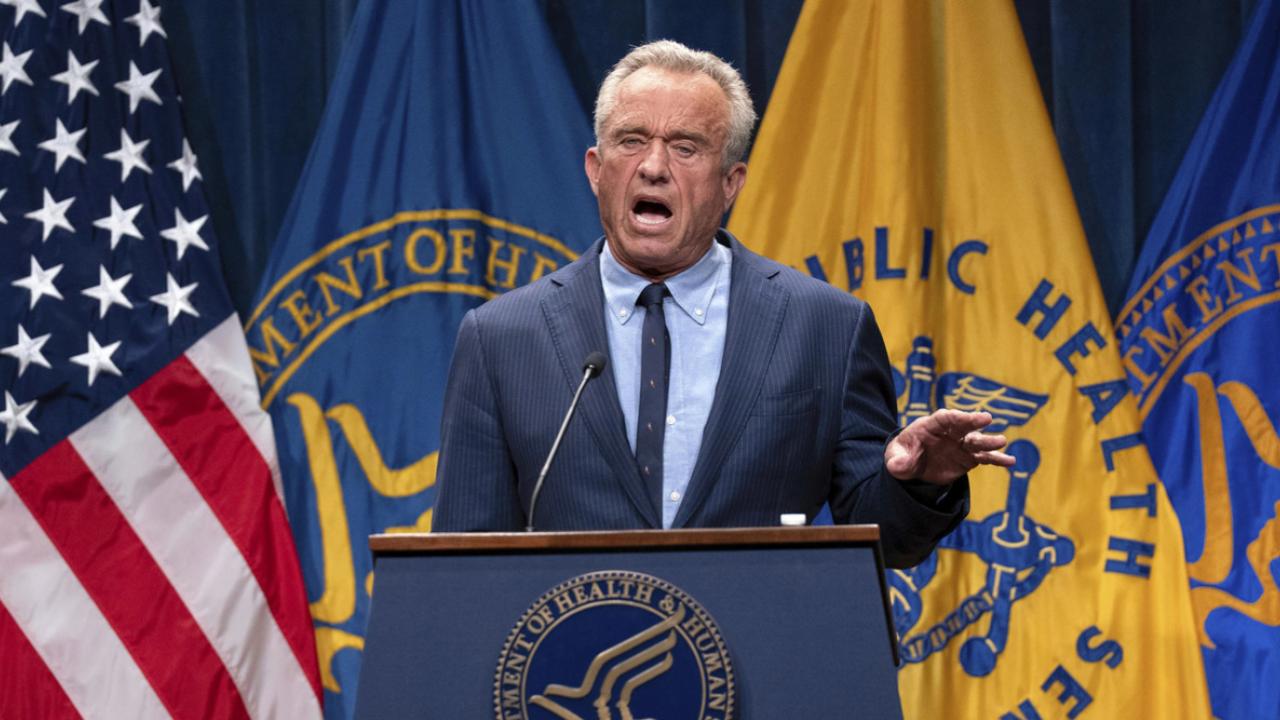For years, former President Donald Trump was one of NATO’s most vocal critics, repeatedly blasting the alliance for what he saw as unfair burden-sharing and questioning its relevance in the modern geopolitical landscape. Yet, in recent months, there’s been a surprising shift in his rhetoric. Trump, who once called NATO “obsolete” and “dying,” now seems to be softening his stance. What’s behind this dramatic U-turn? Let’s break it down.
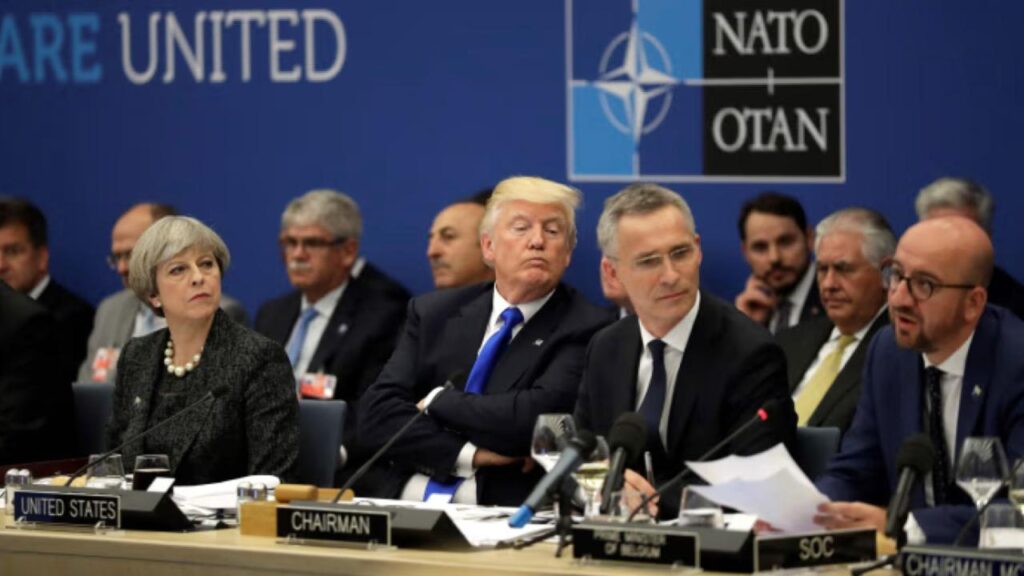
After Years of Blasting NATO, Trump Makes Shocking U-Turn
| Insight | Statistic |
|---|---|
| Trump praised NATO’s strength | “NATO is stronger than it’s ever been.” |
| Trump’s stance on defense spending has shifted | U.S. defense spending increases by 4.5% in 2024. |
| NATO’s response to Ukraine war reshaped Trump’s view | NATO has rallied to Ukraine’s defense, boosting unity. |
Donald Trump’s recent shift towards a more positive view of NATO is one of the more surprising developments in his post-presidential rhetoric. What initially seemed like an isolated blip may signal a deeper recalibration of his foreign policy stance, shaped by the changing dynamics of international relations. As NATO continues to play a critical role in European security, Trump may have come to recognize its importance—especially in the face of Russia’s aggression. Whether his newfound support for the alliance will persist or prove to be a temporary political maneuver remains uncertain, but for now, his position on NATO has undergone a significant transformation.
The Early Years: Trump’s NATO Criticism
When Donald Trump first entered politics, his attitude towards NATO was unapologetically hostile. On the campaign trail in 2016, he often described the North Atlantic Treaty Organization as “outdated” and even hinted at the possibility of withdrawing the U.S. from the alliance. “NATO is a terrible deal for the United States,” he claimed during the 2016 presidential race.
The core of his criticism focused on NATO members not meeting the agreed-upon defense spending targets, with Trump repeatedly stating that the U.S. was shouldering too much of the financial burden for the security of European nations. In one infamous speech at the 2018 NATO summit, Trump demanded that members “pay up” or face the consequences of American disengagement.
For Trump, NATO seemed like an outdated relic of the Cold War—an alliance that no longer served the strategic interests of the U.S. And for many of his supporters, this rhetoric resonated. After all, why should American taxpayers continue footing a bill for the defense of countries that didn’t contribute their fair share?
Shifting Tides: The Ukraine War
In the years following his presidency, something changed in Trump’s approach. The catalyst for this transformation was Russia’s invasion of Ukraine in early 2022, an event that brought NATO’s relevance into sharp focus. The alliance quickly rallied to the defense of Ukraine, providing military and economic aid, while strengthening its presence in Eastern Europe to deter further Russian aggression.
Trump, who once seemed skeptical of NATO’s collective defense clause (Article 5), began praising the alliance for its unity in the face of Russian aggression. At rallies and in interviews, he began to speak more positively of NATO’s role in maintaining global security.
“I’ve always said that NATO should be stronger, but now it is,” Trump said in a 2023 interview. “What’s happening now with NATO, with all these countries coming together, is very impressive.”
The Influence of the 2024 Election
Could it be that Trump’s shift in tone is politically motivated? It’s certainly possible. As the 2024 election cycle heats up, Trump may be recalibrating his rhetoric to appeal to a broader swath of voters, including those who support a strong national defense and global leadership.
The former president’s 2024 platform has also begun to include more language about American strength on the world stage, signaling that he might be trying to balance his isolationist tendencies with the reality of global geopolitics. While Trump has always prioritized America First, his recent comments suggest a recognition that global alliances, particularly NATO, play a vital role in national security.
Trump’s critics might argue that his newfound NATO praise is a calculated move to reframe his image, especially as international stability continues to be a major topic in the U.S. presidential race. Whether this shift is genuine or strategic remains to be seen, but it’s clear that Trump is recalibrating his foreign policy rhetoric as he seeks to appeal to voters across the political spectrum.
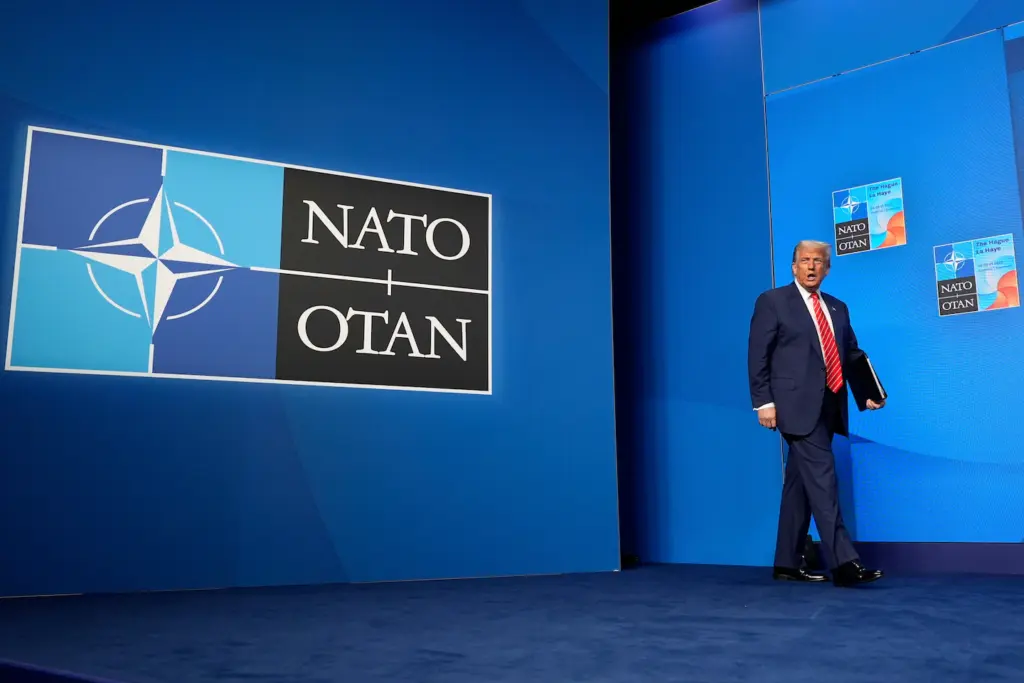
The Shift in Republican Thinking
While Trump’s views on NATO may have evolved, it’s important to note that his shift mirrors a broader trend within the Republican Party. Historically, NATO was supported by both major U.S. political parties, but as Trump’s influence grew, some factions of the party began to question the alliance’s value. The debate over NATO’s future has highlighted a division within the GOP between traditional hawks and the more isolationist wing that Trump represents.
However, as the Ukraine war continues to unfold, it’s becoming increasingly clear that support for NATO is gaining traction even among more conservative circles. The alliance’s role in countering Russian expansionism and fostering European stability has taken on new importance. With the situation in Ukraine, some of the party’s more isolationist members have softened their stance, recognizing that NATO’s presence in Europe is crucial to U.S. interests.
What’s Behind the Shift in Rhetoric?
So, what has caused Trump to soften his rhetoric? Is it merely political calculation, or is there something deeper at play? There are several factors to consider:
- Russia’s Growing Threat: As the war in Ukraine drags on, NATO has proven itself to be more than just a relic of the Cold War. With Russia’s aggressive actions destabilizing Europe, Trump may have come to see NATO’s strategic value in a way he hadn’t before.
- Public Opinion: Trump may have recognized that his previous hardline stance on NATO wasn’t popular with a large segment of the American electorate, including moderate Republicans and independents, who tend to view NATO as an essential part of U.S. foreign policy.
- Election Strategy: As Trump’s 2024 campaign heats up, he may be rebranding himself as a defender of national security, capable of navigating complex international issues. Aligning himself with NATO could help solidify his standing with military families, veterans, and pro-defense constituencies.
The Big Question: Will This Last?
While Trump’s shift in tone is significant, only time will tell whether this change is here to stay or just another one of his political pivots. Given his history of fluctuating foreign policy positions, it’s possible that his current stance on NATO could change again as the global political landscape evolves.
However, the current situation in Europe, combined with the ongoing war in Ukraine, has likely forced Trump to reconsider some of his earlier rhetoric. Whether he fully embraces NATO or continues to walk a fine line remains to be seen.

